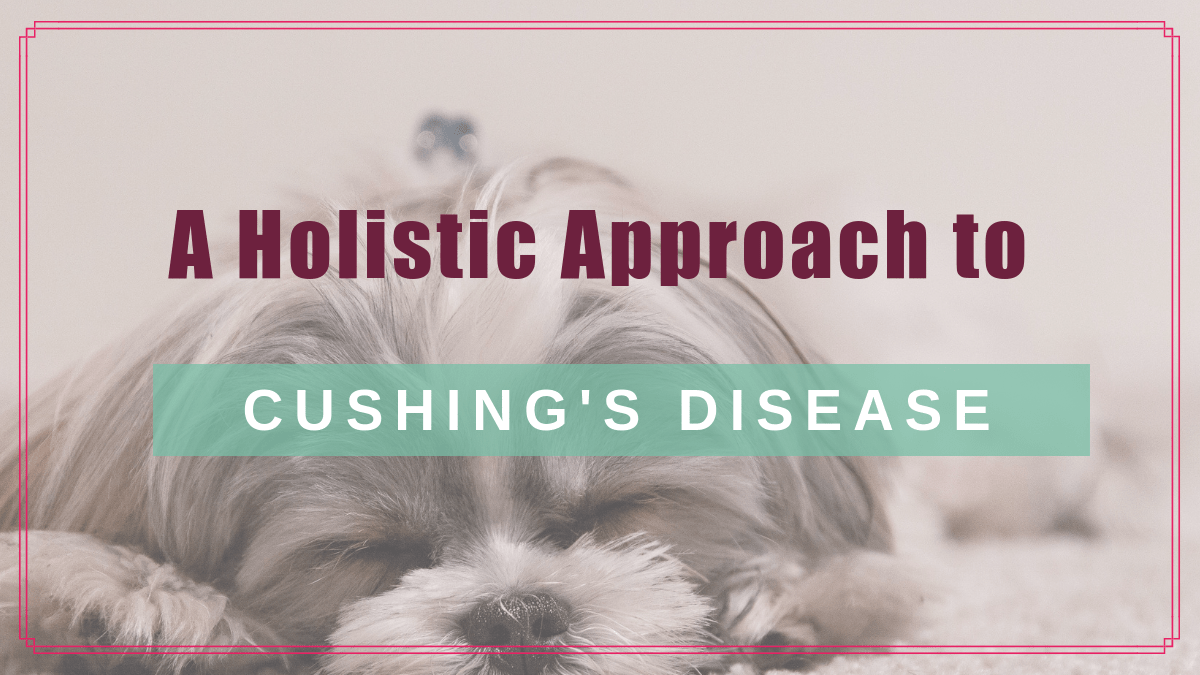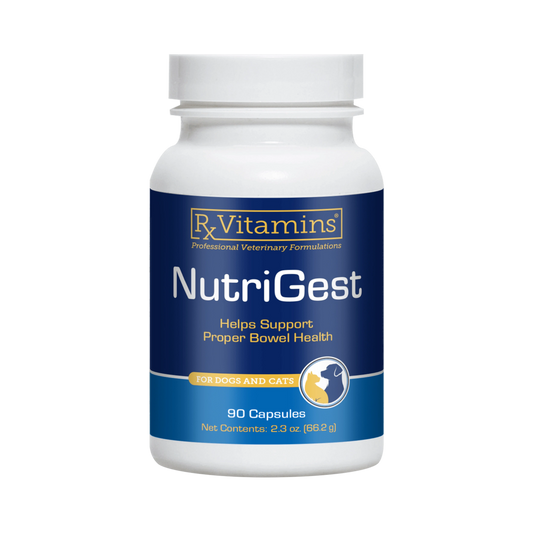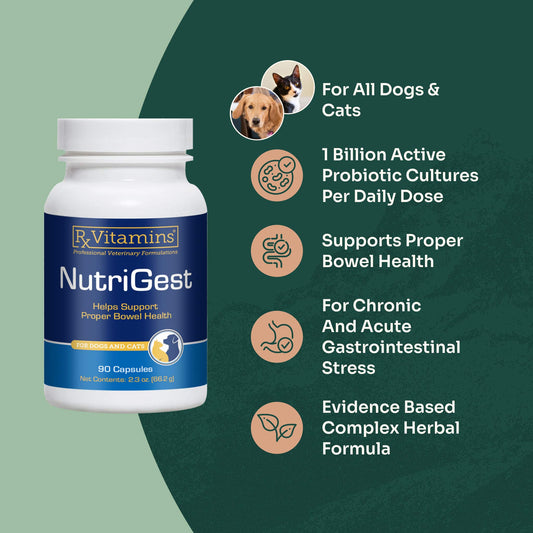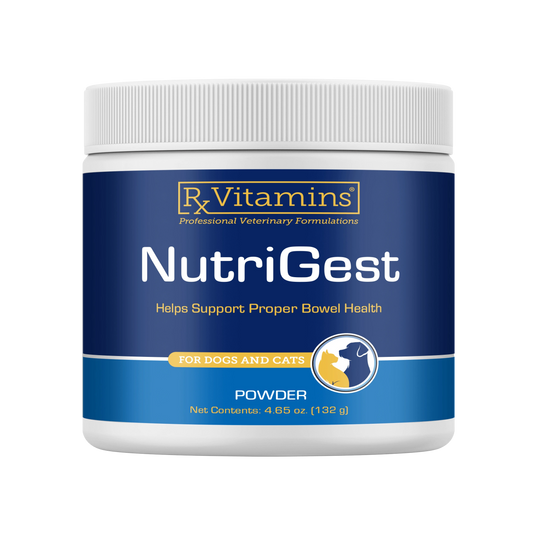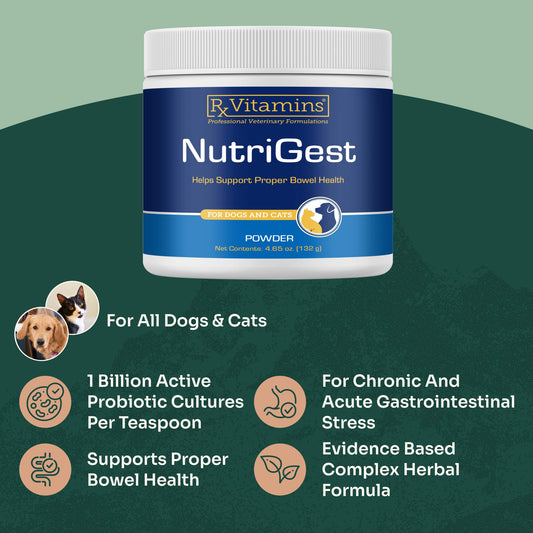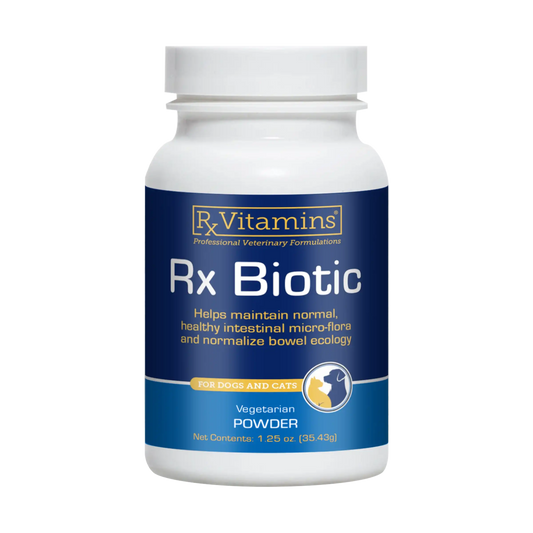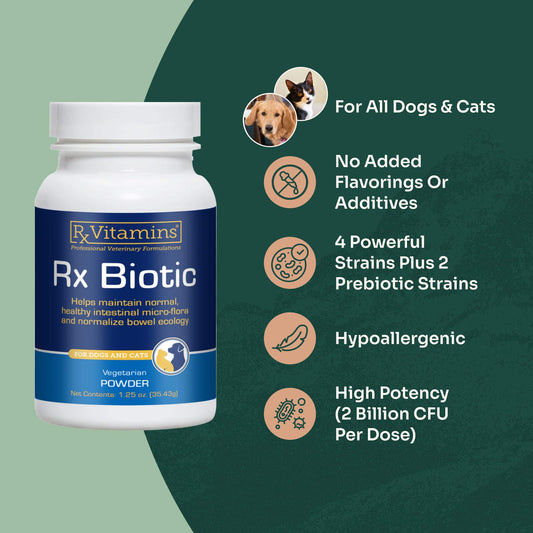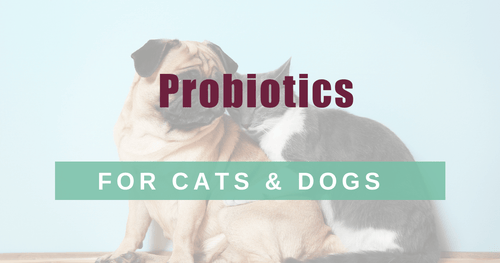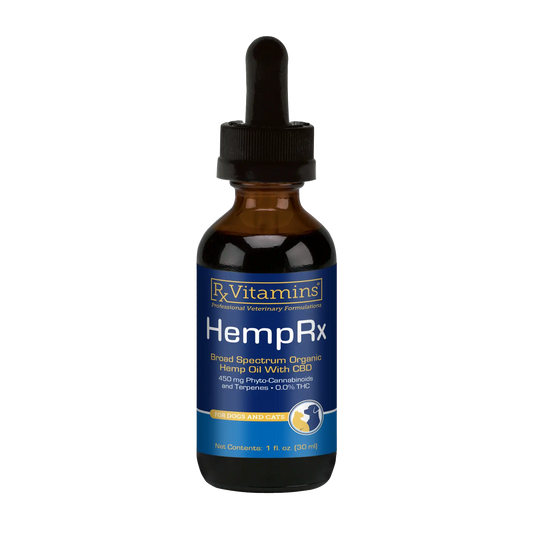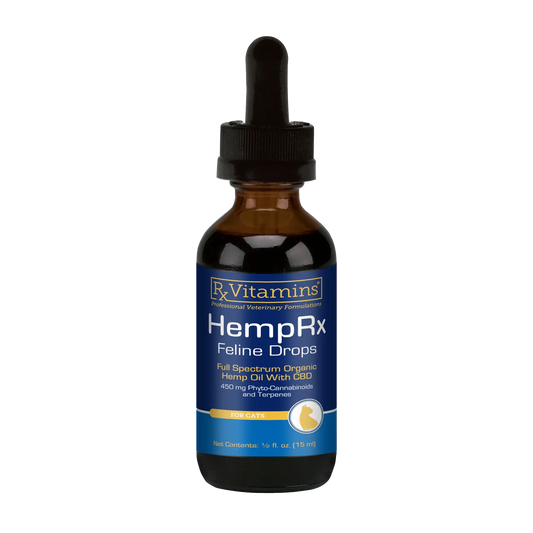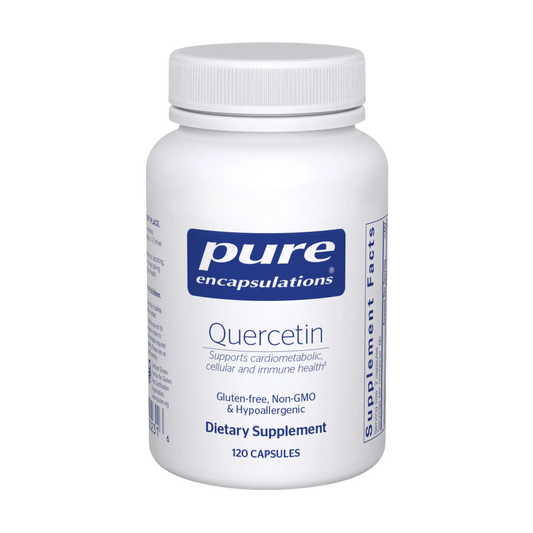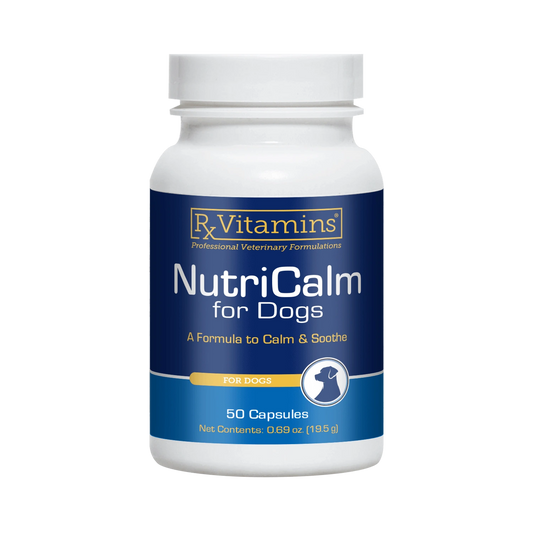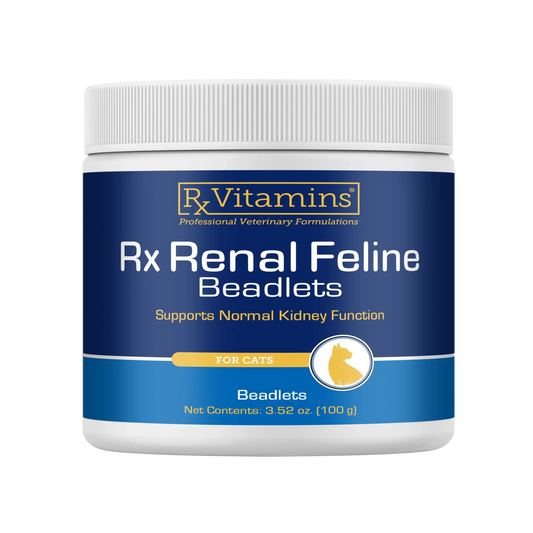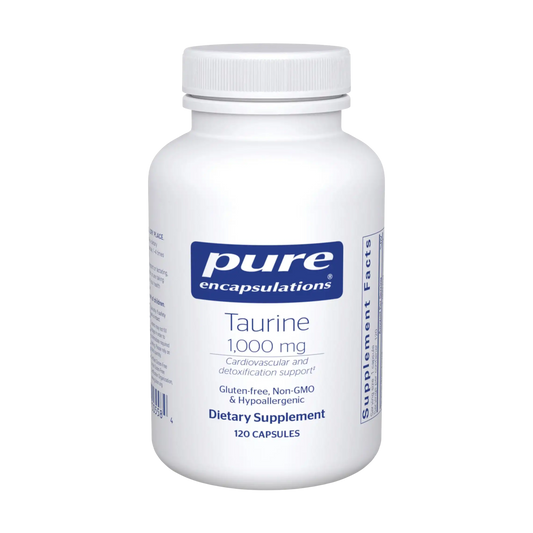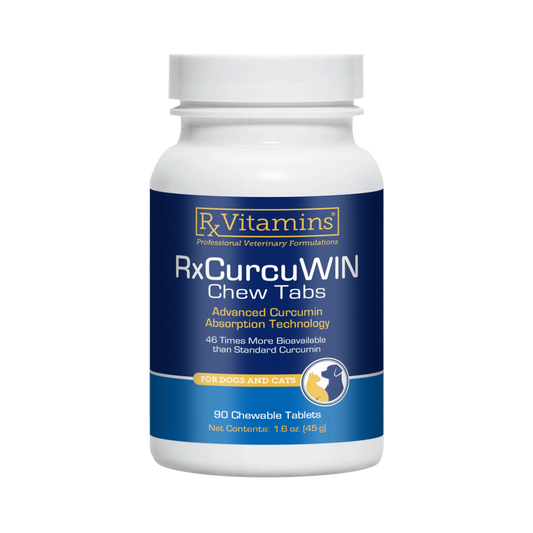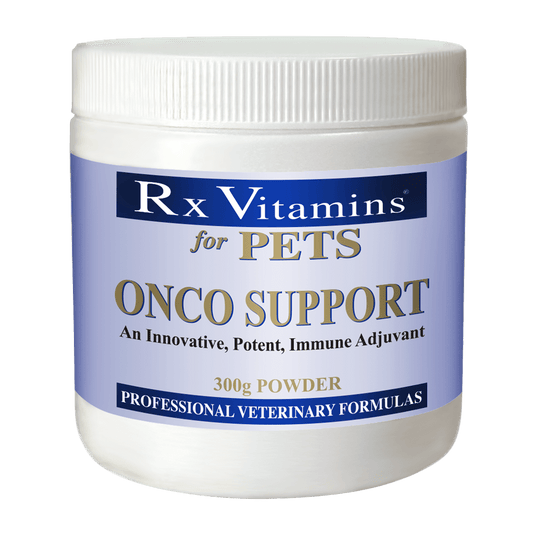Cushing's Disease (Hyperadrenocorticism) is a common hormonal imbalance in middle-aged and older dogs. It can be difficult to diagnose and can require harsh drugs to treat. Fortunately, I have seen much success with Cushing’s disease using diet and alternative therapies. If your dog has been diagnosed with Cushing’s, you can skip right to the treatment section of this article.
What is Cushing’s Disease?
Cushing’s Disease or Hyperadrenocorticism occurs when the adrenal glands produce too much cortisol. Dogs have two adrenal glands located next to the kidneys. These glands are part of the hormonal system and produce substances such as epinephrine, norepinephrine, and cortisol. Cortisol is a natural hormone needed to keep the body balanced.
The adrenal glands may produce too much cortisol either because the pituitary gland (located in the brain) signals the overproduction or because the adrenal gland produces too much on its own accord.
How do I know if my dog has Cushing’s Disease?
Many dogs will have very mild cases of Cushing’s Disease with little to no symptoms. If there are no bothersome symptoms or troubling lab values, a diagnostic workup is not indicated.
Here is a list of common symptoms that can become quite bothersome to both the dog and family:
Common symptoms include:
- Excessive panting
- Excessive thirst
- Increased water consumption and urination
- Thinning hair or hair loss
- Large (pendulous) belly
- Increased tendency to ligament and tendon injury
- Muscle loss
Diagnostic Tests
This is a tricky disease to diagnose definitively. The good news is that the battery of tests used to diagnose Cushing’s Disease are noninvasive. There is not agreement among the veterinary profession about the best way to diagnose Cushing’s Disease.
Below is a list of tests that are often used to make the diagnosis.
- Complete Blood Count (elevated platelets, increased white cells)
- Chemistry (liver enzymes)
- Urinalysis (looking for protein)
- Abdominal ultrasound (evaluate liver size and texture, evaluate adrenal gland size and check for adrenal tumors)
- ACTH Stimulation Test (How do adrenal respond to hormone produced by pituitary gland)
- Low Dose Dexamethasone Suppression Test (Similar to the previous test, with different advantages and disadvantages)
How is Cushing’s Disease Treated?
Diet
I have seen many cases of Cushing’s Disease disappear with diet alone. It’s all about the reduction of carbohydrates. Unfortunately simply switching to a grain free kibble is rarely successful. This is because the nature of a kibble is high in carbohydrate. Grains are simply replaced by pea, potatoes or beans. Raw diets or grain free cooked diets have the highest rate of success. I would stick with a grain free formulation for raw and home cooked diets when possible.
Make sure that the diet you use is balanced for extended use. Pet food manufacturers are required to label their foods as balanced to AAFCO requirements for all life stages.
Herbs
This is one instance when Chinese Herbal medicine can be tremendously helpful. I use one formula, Si Miao San as a common starting point. This a Traditional Chinese herbal formula that eliminates Dampness (Traditional Chinese Medical Diagnosis) and has very few side effects.
In about 50% of my cases of Cushing’s Disease, a different or modified formula is required to help control symptoms. This is when you need a veterinarian trained in Traditional Chinese Veterinary Medicine. You can find a practitioner near you using the International Veterinary Acupuncture Society or The Chi Institute.
Supplements
There are two supplements that I think are worth using for every Cushing’s patient. Both of these involve balancing the bacteria in the gut.
- Nutrigest (Powder or Capsules). This is a great supplement that helps heal the digestive tract and promote balanced gut bacteria.
- Probiotics. There are many varieties available that help your pet’s digestive tract become more balanced. I like RxBiotic and Culturelle.
Western Treatment
Sometimes diet and herbs are not enough. In my ten years of practice, I have seen a few dogs that were refractory to these treatments and needed to use pharmaceuticals. Trilostane is the most current medication used to treat Cushing’s Disease. While it certainly is not natural, it can greatly help some of the symptoms that make dogs with Cushing’s Disease so miserable. So, if you need to use, please so. Your dog deserves to feel good.
Does your dog have Cushing’s Disease? Tell me how it’s going by commenting below.
Sending you and your pets lots of love!
Dr. Angie
